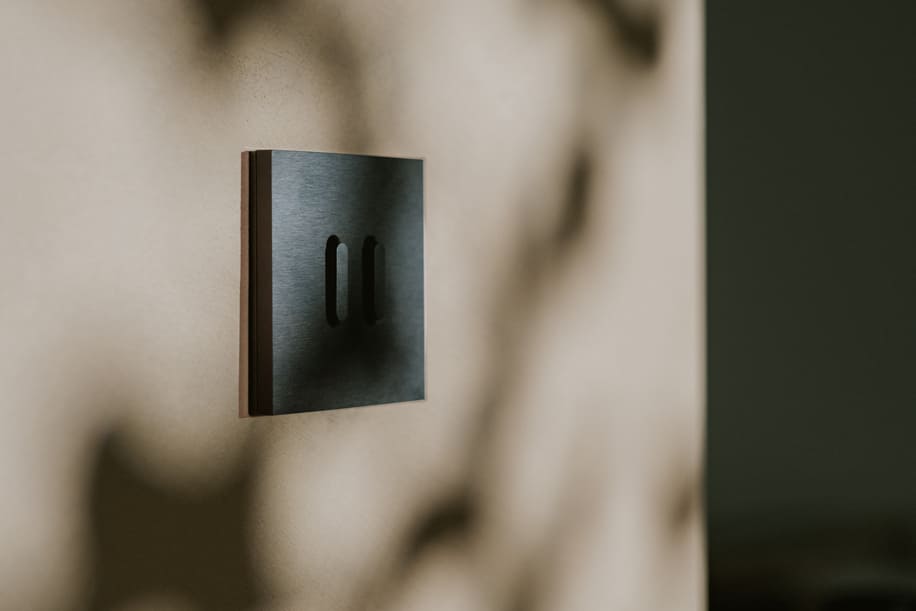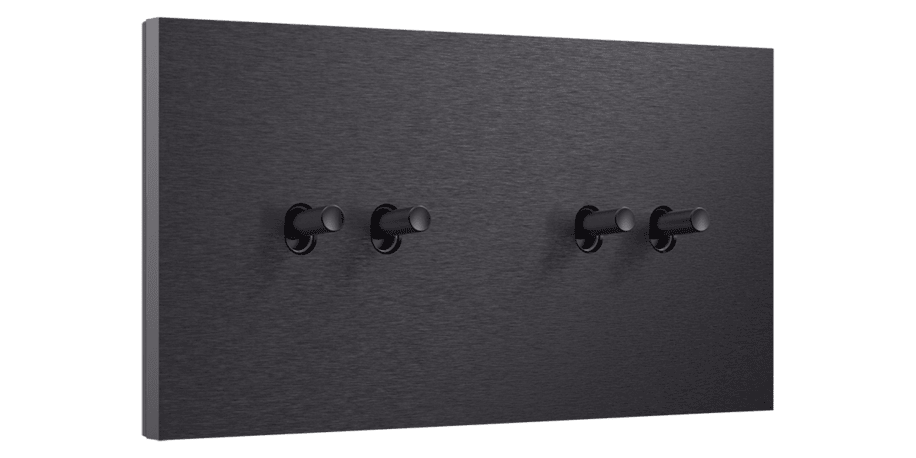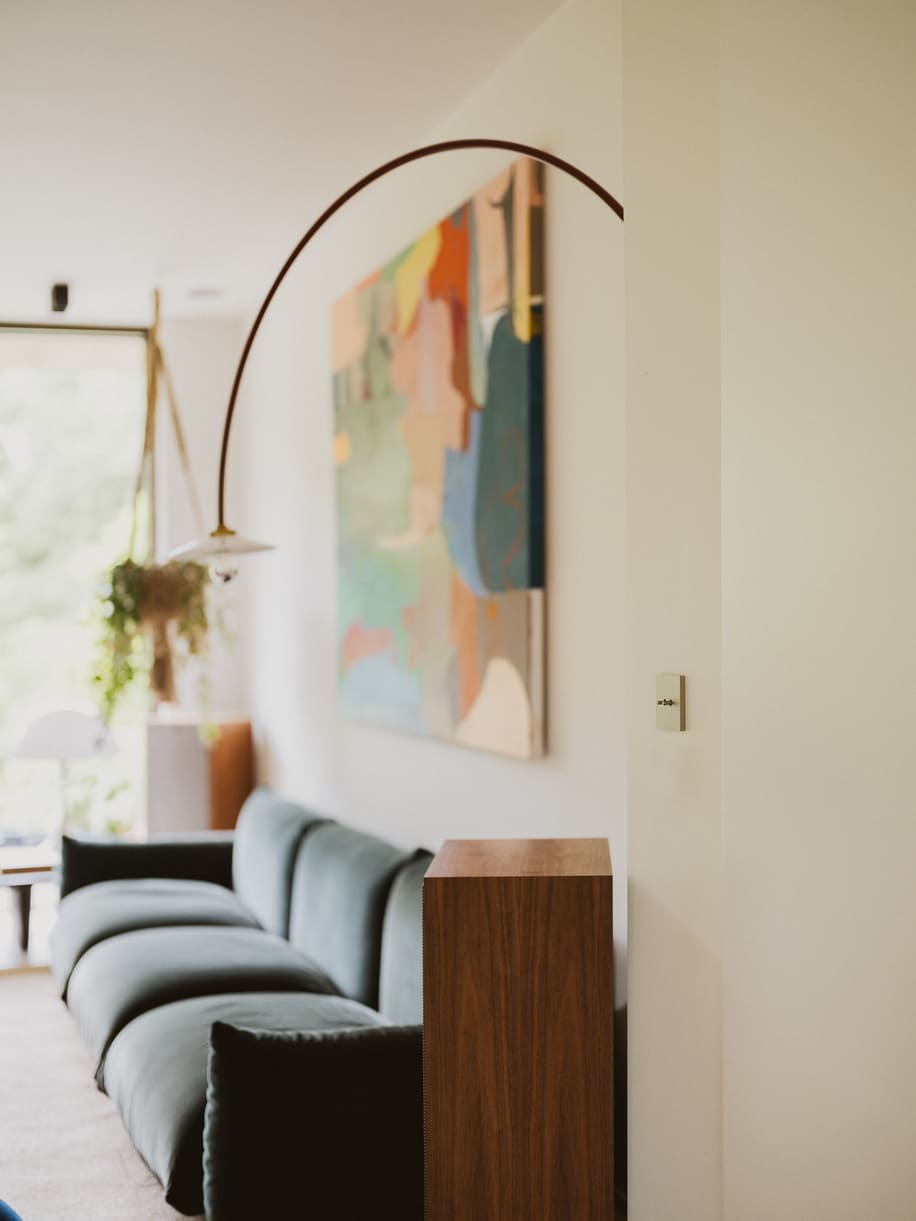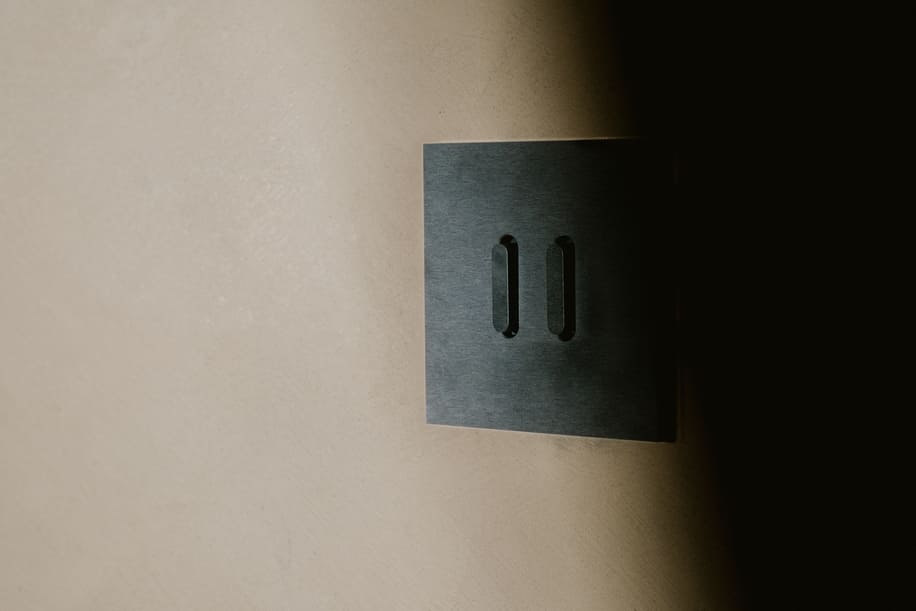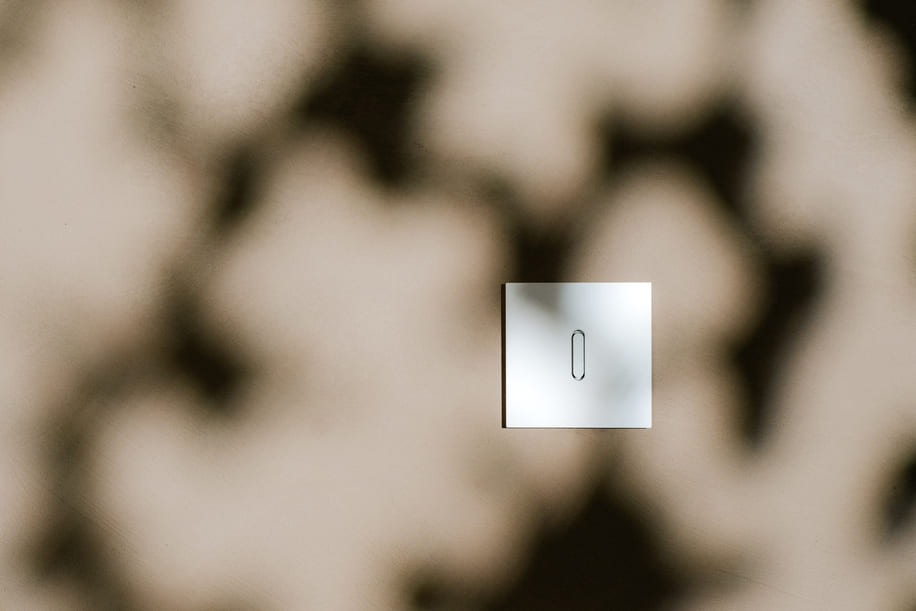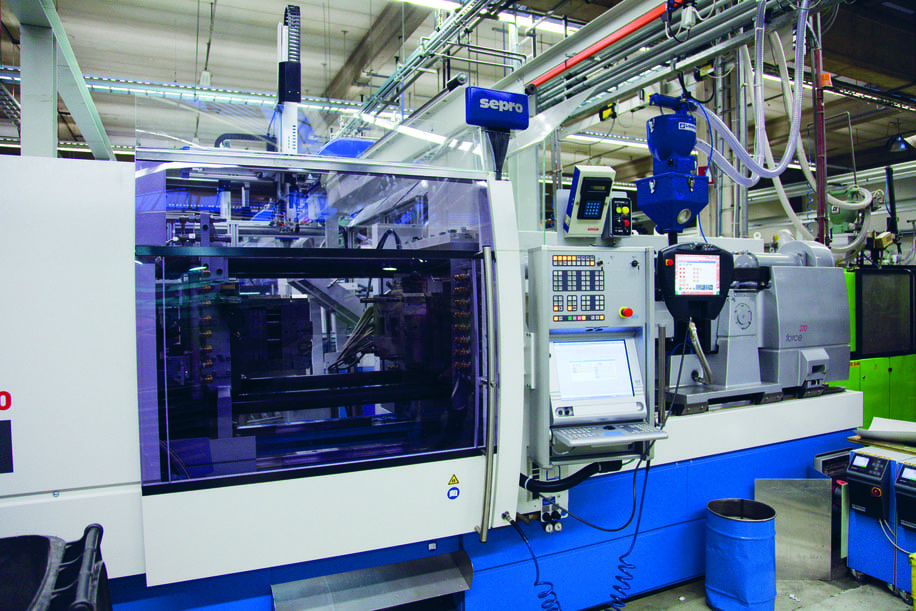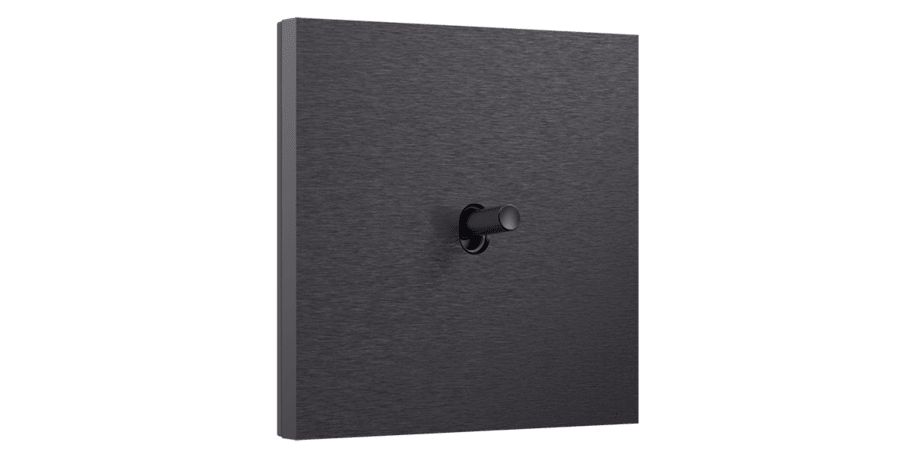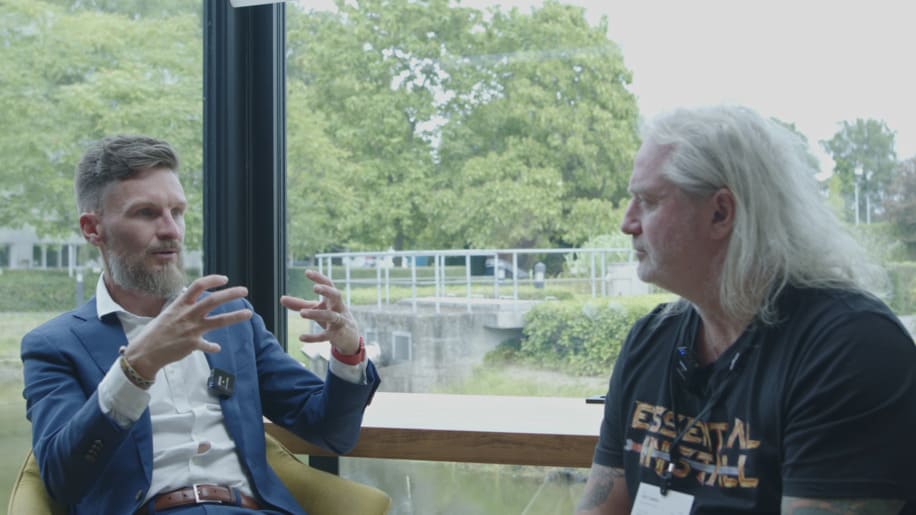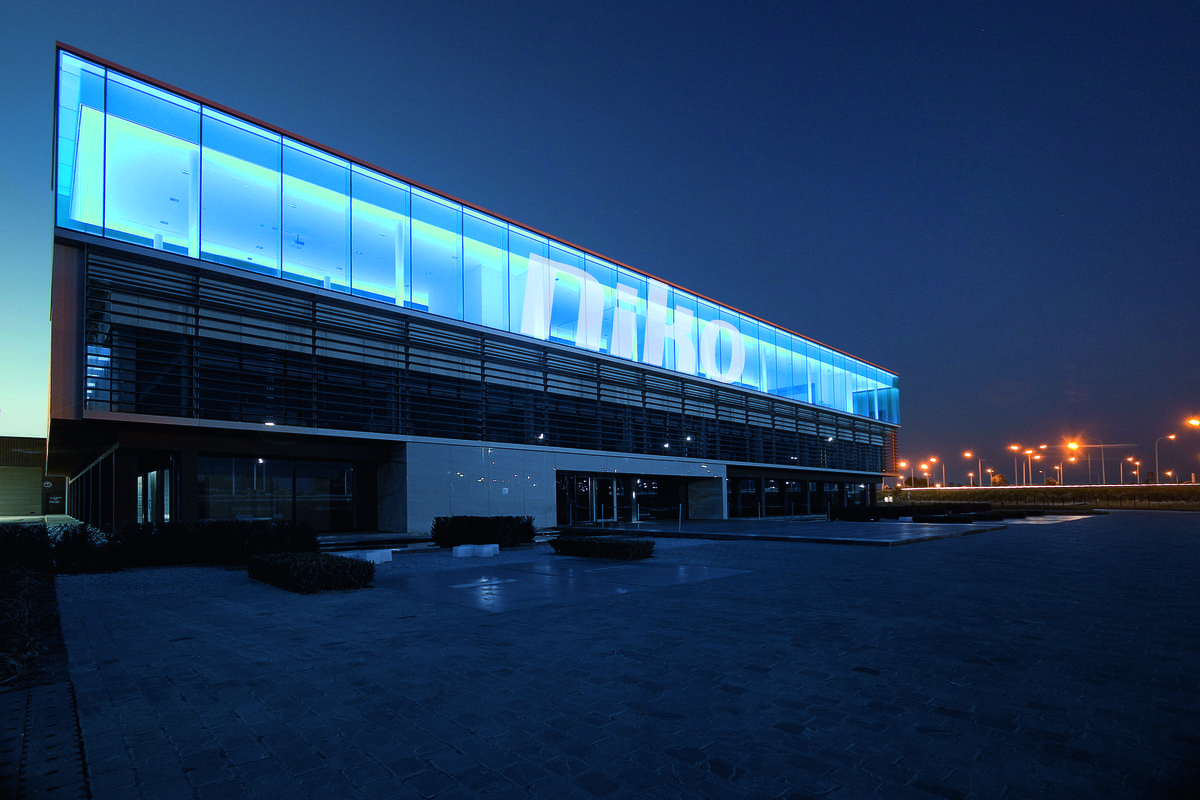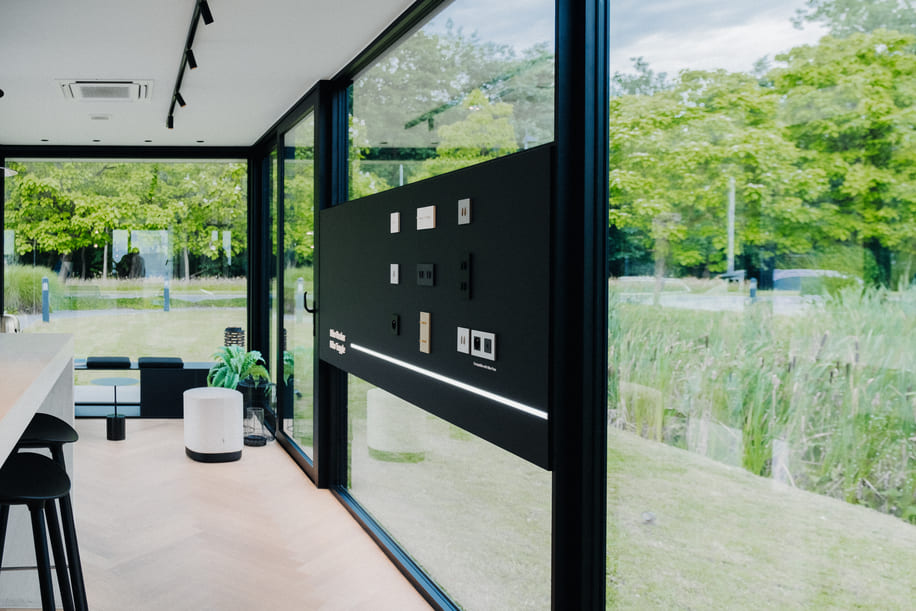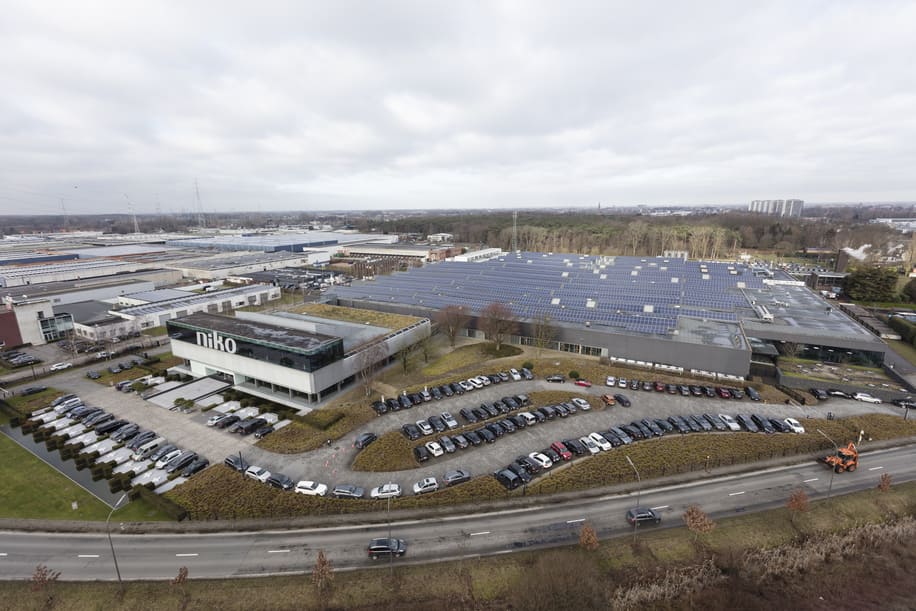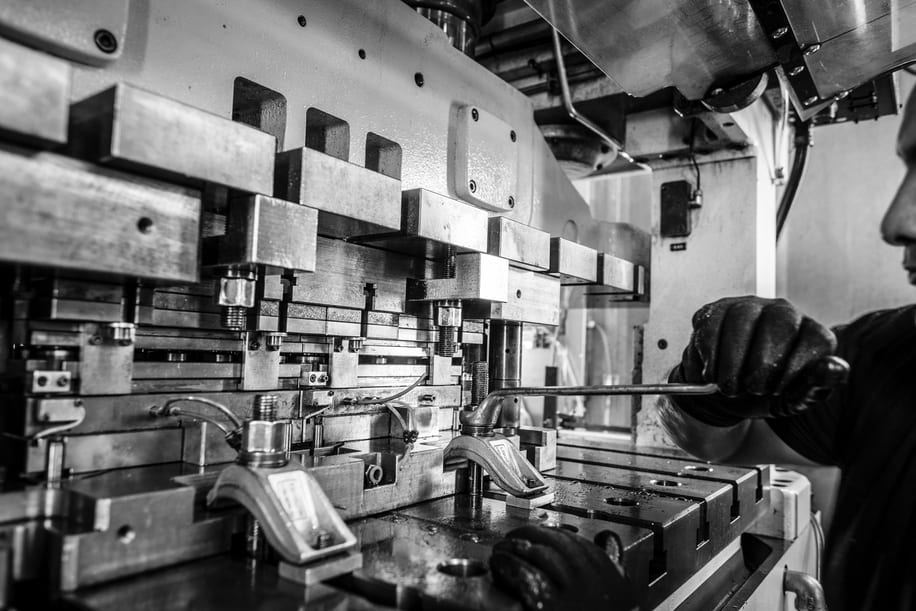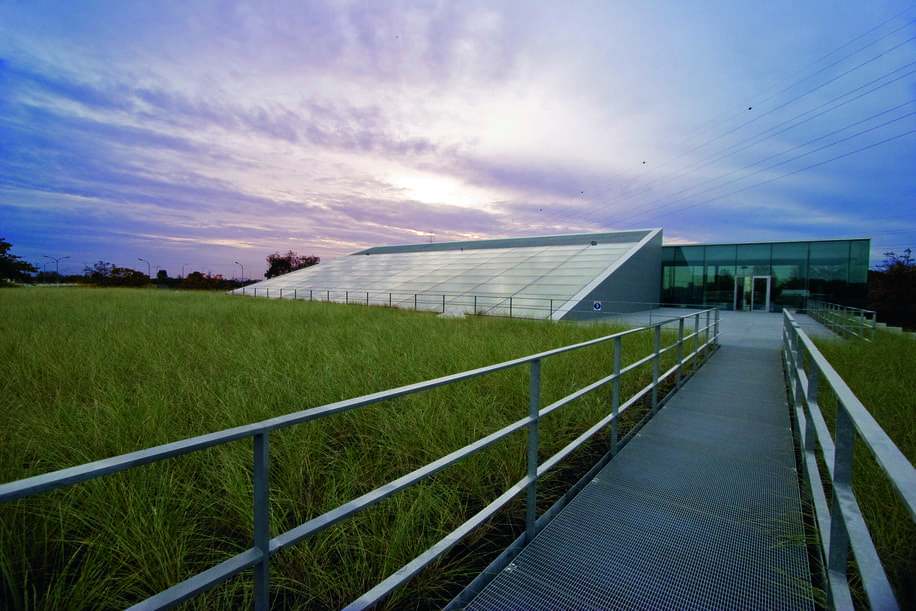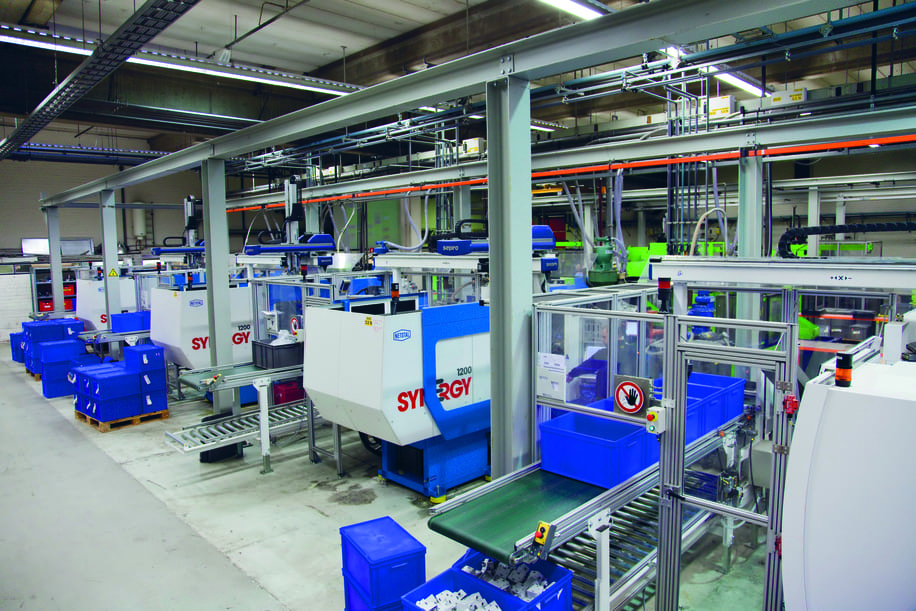EI recently made an exclusive trip to the impressive HQ of Niko. Check out part one of this trip, which sees EI take a look inside the workings of one of Europe’s most innovative smart home operators.
With headquarters in Sint-Niklaas, Belgium, and offices in Antwerp, together housing production, research and development, sales and customer services, there was much for EI to discover. The company has deep roots in the electrical and smart home worlds with a presence across Europe including its home country of Belgium, as well as Austria, Denmark, France, Germany, The Netherlands, Poland, Slovakia, Sweden, Switzerland and the UK. With more than 700 employees supporting more than 5,000 products for residential and professional buildings, Niko has a wide range of solutions for installers at all levels via attractive control points, switches and sensors all linked to its Niko Home Control platform. As we learn, Niko has big plans for the future, including growing its presence in the UK.
EI first speaks with Guy Damen, Business Director Residential Systems, who provides some detail on the culture and history of Niko and its ambitions moving forward.
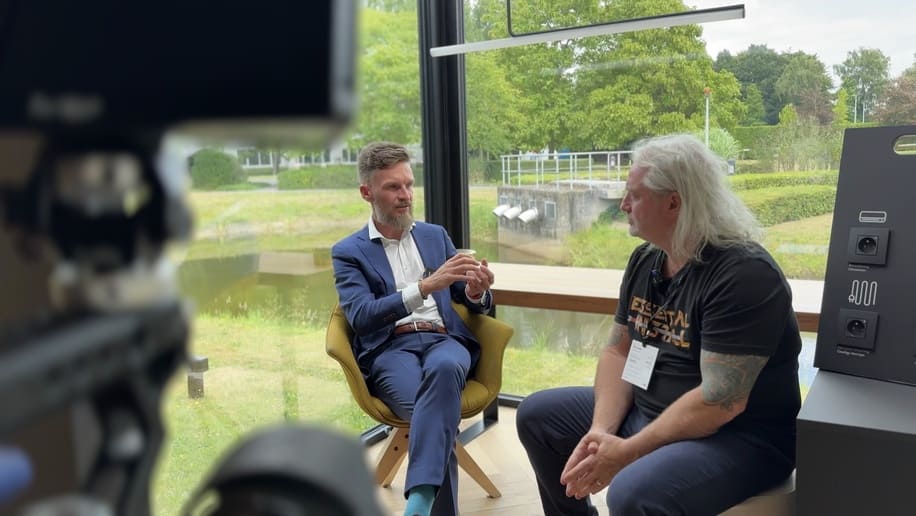
Guy explains, “Niko is really a proud Belgian company. We have been on the market for more than 100 years already. It was founded in the place we are now – Sint-Niklaas – and we are part of the electrical network and manufacturing world of Belgium. We have a market share of more than 60/70% across typical residential houses in Belgium. Niko is so well represented in Belgian homes, that we’ve become a part of the Belgian identity.”
As well as Niko’s impressive manufacturing facility, the same site has a purpose-built showroom that allows visitors to directly interact with the brand.
Guy emphasises, “What we do here is to let people experience everything from switches to sockets, up to the building automation part. Because over the last 100 years, we didn’t just stick with the classical 240V material, we also expanded our technology up to automation systems.”
“We are really proud to be one of the pioneers in the market. To give you an idea about the heritage, we created our first automation system in 1997 called Niko Bus – the first system made for the electrical installer. It was a system that could be configured with a screwdriver. So, it was really more like a smart cabling system rather than an automation system. But we are talking 1997. This evolved up to 2011, where at ISE 2011 we launched Niko Home Control, which was a real programmable system, expanded to lighting control, heating, cooling, and curtain control. That’s still the foundation of what we do today. So, what you see today with Niko Home Control, it’s really founded in 2011.”
The company is ambitious, not only to continue to grow its product offering, but grow its presence in other territories, including the UK.
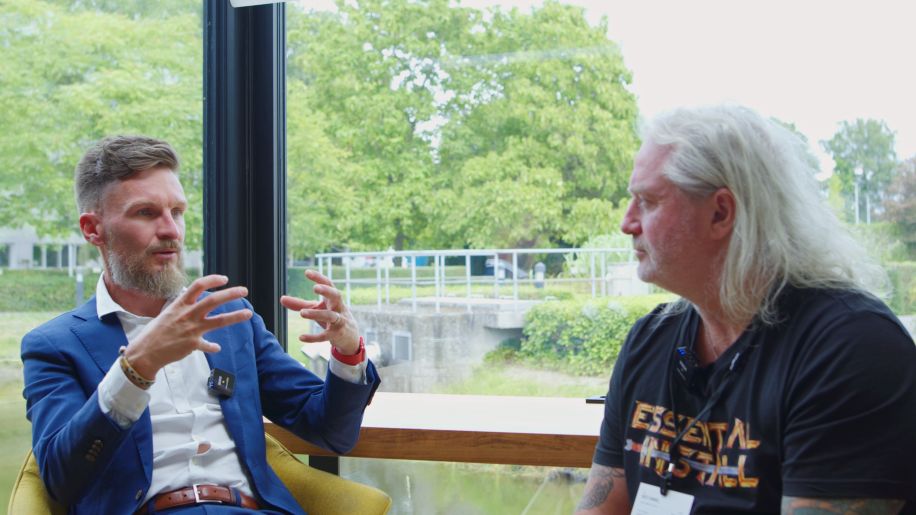
Guy asserts, “Well, I think we can say we are very ambitious, but where does it come from? We feel that we have a strong portfolio from the experience we have built up in our home markets like Central Europe, Belgium, the Netherlands and France, where we are strong. Over the last few years, we have built up real experience in what we call a smart electrical backbone. We have the Niko Home Control system, and it’s very strong in electrical automation, lighting control and curtains like many others, but we also have a very strong foundation in energy management. Which is a real hot topic.”
Guy reveals how the company plans to do this, “We should go out to architects and let them learn how to experience Niko, tell them about it, the heritage and the quality of the products. And that’s really our responsibility to do that push/pull into the markets. We are actively starting that now.”
It’s part of the brand’s strategy to appeal to different professions such as architects, installers and interior designers, as Guy underlines, “A really good way of creating a good footprint is to appeal to those different areas because they all have different concerns. They don’t always want to understand what the other trade is doing, but they want to understand what their part of it is. And it is just about reaching those right people.”
Guy also describes what some of Niko’s key deliverables are in terms of functionalities, “It is all a matter of priorities, because with Niko we are very broad. We have such a large portfolio via which we cover multiple market segments.
We have a very strong commercial department focusing on light commercial building management systems. But I’m responsible for the residential department, so we will mainly focus on the residential market, addressing the different concerns there.
“Let us take energy management, for example. We know that we have the solution, but energy management for Belgium has a strong financial and legal aspect. People are being pushed legally to do something in their houses. For the UK, this is not yet the case to the same extent, but energy management is about more than saving money, it’s also part of the comfort.
Guy argues, “If you look at a traditional house today, there is complexity being introduced. They might have solar panels and/or a battery; they might have an EV charger coming in along with systems like air-conditioning.
“Energy management can be part of the comfort. People don’t want to worry anymore. They’re maybe not just thinking about saving a few quid per month – they just want everything to work together and that’s what we need to do by understanding that market and asking how we can differentiate.”
HUMAN CENTRIC, THOUGHTFUL DESIGN
Thoughtful, attractive and human-focused design are cornerstones of the Niko approach. With key responsibilities in this area, EI also spoke with Frederick De Pauw, Project Manager (Far left in image below) and Jeffry Baecker, UX Design Lead, to provide insight into how Niko creates products that connect meaningfully with the user and the world around them.
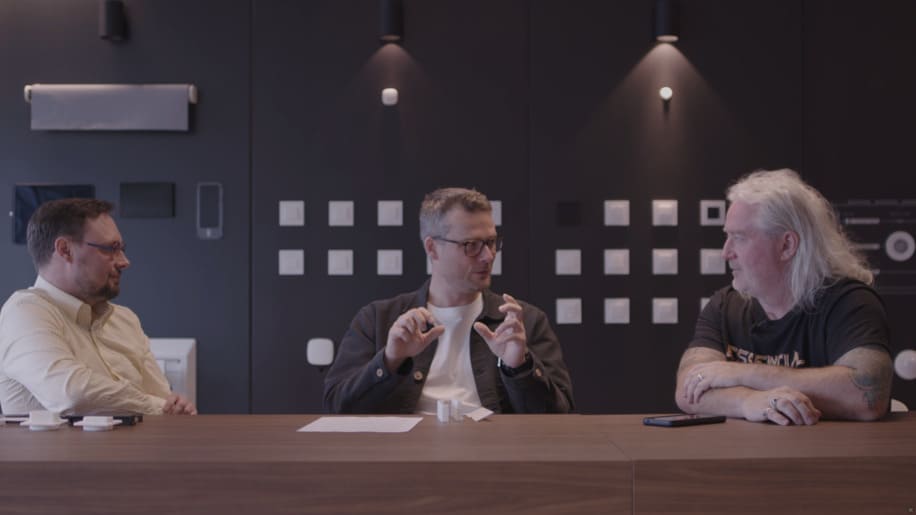
Jeffry begins, “Smart homes are becoming increasingly more technologically advanced. So, we are here to make that complex technology simple and easy to use for the installer and the end user. Because we are becoming more technologically literate, why should we bother people with very engineered products that are difficult to use?”
Frederick adds, “And at the end of the day, you just want to come home and you don’t want to get into the difficulty of trying to figure out a technical product. Some companies make products with a lot of functionality and the integrator installs this magnificent installation, but you come home and you need to learn to work with your house! You need to adapt to your house, and that’s what we aim to get rid of.”
“We want you to come into your house and be in the atmosphere, feel the flow of how things are going, and we want to give the power to the user, not to be annoyed about this little technical thing that is malfunctioning or is not placed on the right spot. So that’s really what our mission is: to make life simple.”
Explaining some of the key areas that the company leverages to achieve its goal, Jeffry says, “We are thinking a lot about progressive disclosure when we talk about offering something to the user. We only offer things when they make sense, so we don’t bombard them with information.”
“Once they come closer to one of our screens or interfaces, they will be greeted and welcomed to use it. But we’re not there if you don’t want to see us or feel us.”
Frederick argues, “Niko is also a very strong brand in terms of looking at how we support an installer. We are aiming to create a product that is easy to install and configure. That’s where our Niko Configuration software comes in. You need about two hours and you will know how to program a system. It is so easy and intuitive to work with, it takes away all the hassle of trying to figure out the technicalities.
“You open it, you see the house, you put the lights on, you place the connections, you can create complex configurations and it’s so easy. So, an installer has the ability and the time to work with clients to figure out what is the best way to live in their house. It’s fitting the system around the home and the client, not the other way around.”
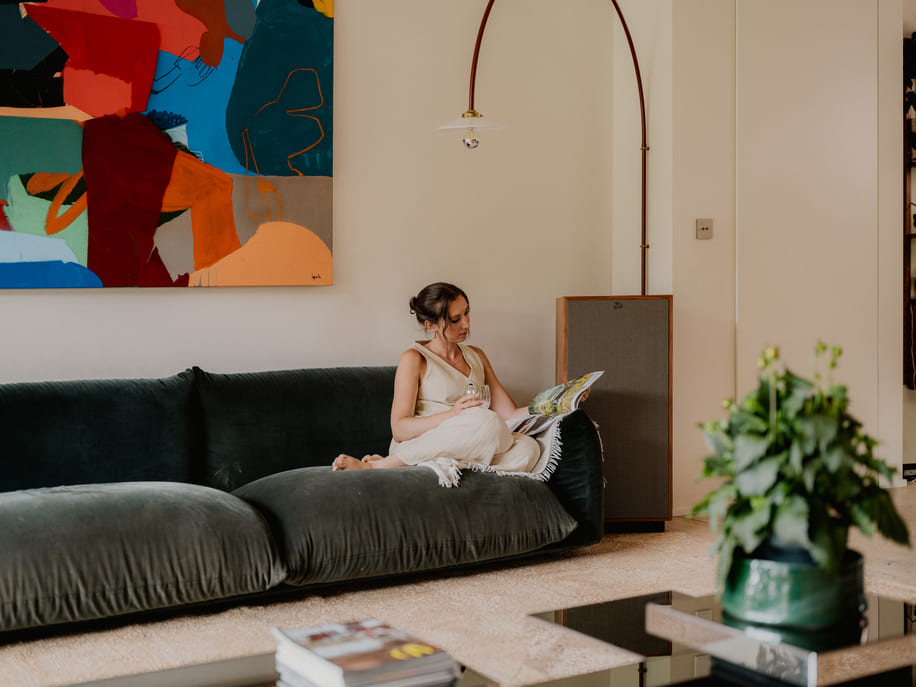
UK PRESENCE AT EI LIVE! 2025
Niko will be present at EI Live! 2025 (Stand 65) to deliver on its ambition to show what it can do and understand better what the UK market wants.
Guy enthuses, “EI Live! is about feeling the heartbeat of the UK market from an installer point of view, a distributor’s point of view, but also from a manufacturer’s point of view. We are also reaching out to the smart home manufacturers. There are some beautiful brands specialised in integration. We can leverage them; we can help them. We have an electrical backbone, which is compatible, and we have drivers for the big players like Control4 and Nice. We really feel that we have strong points: energy management, electrical backbone, nice switches and sockets, beautiful finishings. EI Live! is all about meeting the industry, meeting these people and really seeing where we can hook up and how we can help each other.
Come back soon for further insights into the world of Niko.
